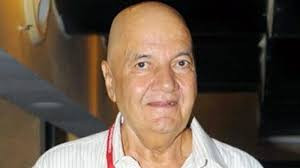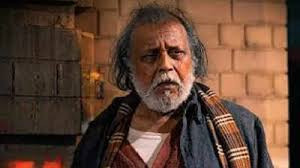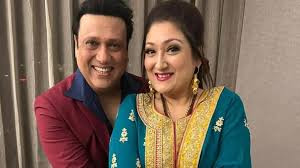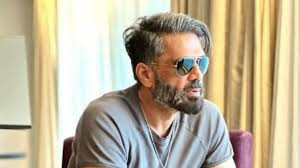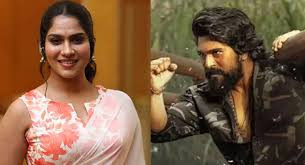‘Kesari Chapter 2’ Stirs Debate as Akshay Kumar’s Courtroom Drama Unintentionally Highlights Bollywood’s Silence on Sexual Misconduct

IIE DIGITAL DESK : Akshay Kumar’s latest release, Kesari Chapter 2, has sparked a wave of conversations—not just for its gripping courtroom sequences or patriotic fervor, but for what it seems to unintentionally reveal about the film industry's unresolved tensions around sexual misconduct. While the film is positioned as a fictional legal drama set against a nationalistic backdrop, certain moments in the script have drawn attention for echoing real-world scenarios that many viewers associate with Bollywood’s own #MeToo reckoning.
Directed by Anurag Singh, the sequel to the 2019 hit Kesari returns not to the battlefield, but to the courtroom, where Kumar’s character, a former soldier-turned-advocate, fights a high-profile case involving political power, institutional silence, and the abuse of authority. Though the film never explicitly references real-life cases, its treatment of a subplot involving a young woman’s allegations against a powerful media tycoon has not gone unnoticed.
Introduced in the second act, revolves around a journalist who accuses her former boss of sexual harassment, only to face public vilification, gaslighting, and eventual threats. Kumar’s character takes on her case, battling not only a team of elite lawyers but a deeply complicit system. The film portrays how witnesses are silenced, evidence is buried, and victims are forced into submission—eerily reminiscent of multiple Bollywood scandals over the last few years.
What makes Kesari Chapter 2 particularly controversial is the way it handles the subject. While the script makes an apparent effort to sympathize with the survivor and frame Kumar’s character as a champion of justice, critics argue that the film glosses over the deeper systemic failures that protect predators in high places. More significantly, many viewers feel that the screenplay walks a fine line between awareness and exploitation—raising questions but offering no real resolution or accountability.
Social media was quick to react, with many pointing out the irony that a mainstream Bollywood film would tackle themes of sexual harassment while the industry itself has done little to hold powerful figures accountable. “It’s like watching Bollywood try to wash its hands in public while the dirt still shows,” wrote one user on X (formerly Twitter). Others praised the film for at least acknowledging the issue, even if through a fictional lens.
Akshay Kumar, known for his roles in socially charged cinema, has not commented directly on the subplot, but in pre-release interviews, he mentioned the importance of films that "mirror society’s flaws and provoke thought." Yet, for many, the portrayal feels less like a mirror and more like a veiled self-reference—especially considering how the #MeToo movement in Bollywood led to brief headlines but few meaningful consequences.
Trade analysts expect the film to perform well at the box office, with its courtroom drama format, emotional storytelling, and Kumar’s star power drawing in crowds. But the long-term impact may be felt more in how the audience and industry choose to interpret its messaging. Is Kesari Chapter 2 a genuine attempt to initiate dialogue, or is it a clever diversion wrapped in legal jargon and cinematic patriotism?
Regardless of intent, the film has done what few recent releases have managed—force an uncomfortable conversation in an industry often reluctant to confront its own image. In that sense, Kesari Chapter 2 might just be more than another entry in the courtroom drama genre. It’s an accidental exposé. One that points a finger inward, even if it wasn’t meant to.
You might also like!



